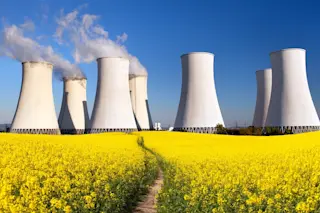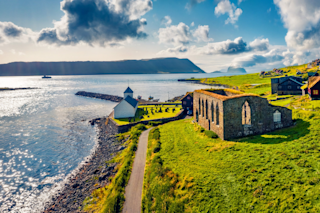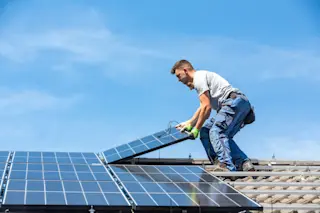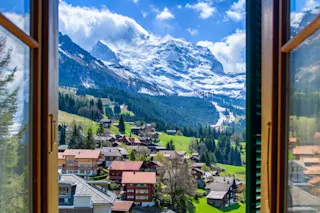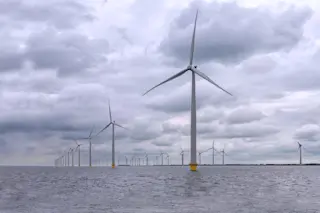Troels Schönfeldt can trace his path to becoming a nuclear energy entrepreneur back to 2009, when he and other young physicists at the Niels Bohr Institute in Copenhagen started getting together for an occasional “beer and nuclear” meetup.
The beer was an India pale ale that they brewed themselves in an old, junk-filled lab space in the institute’s basement. The “nuclear” part was usually a bull session about their options for fighting two of humanity’s biggest problems: global poverty and climate change. “If you want poor countries to become richer,” says Schönfeldt, “you need a cheap and abundant power source.” But if you want to avoid spewing out enough extra carbon dioxide to fry the planet, you need to provide that power without using coal and gas.
It seemed clear to Schönfeldt and the others that the standard alternatives simply wouldn’t be sufficient. Wind and solar power by themselves couldn’t ...


